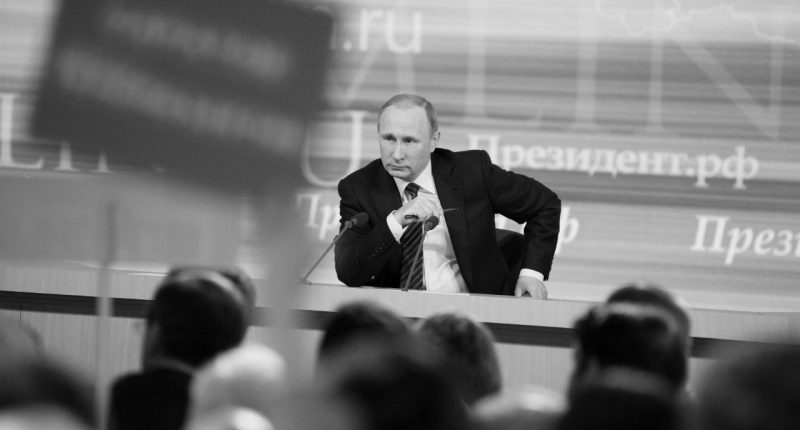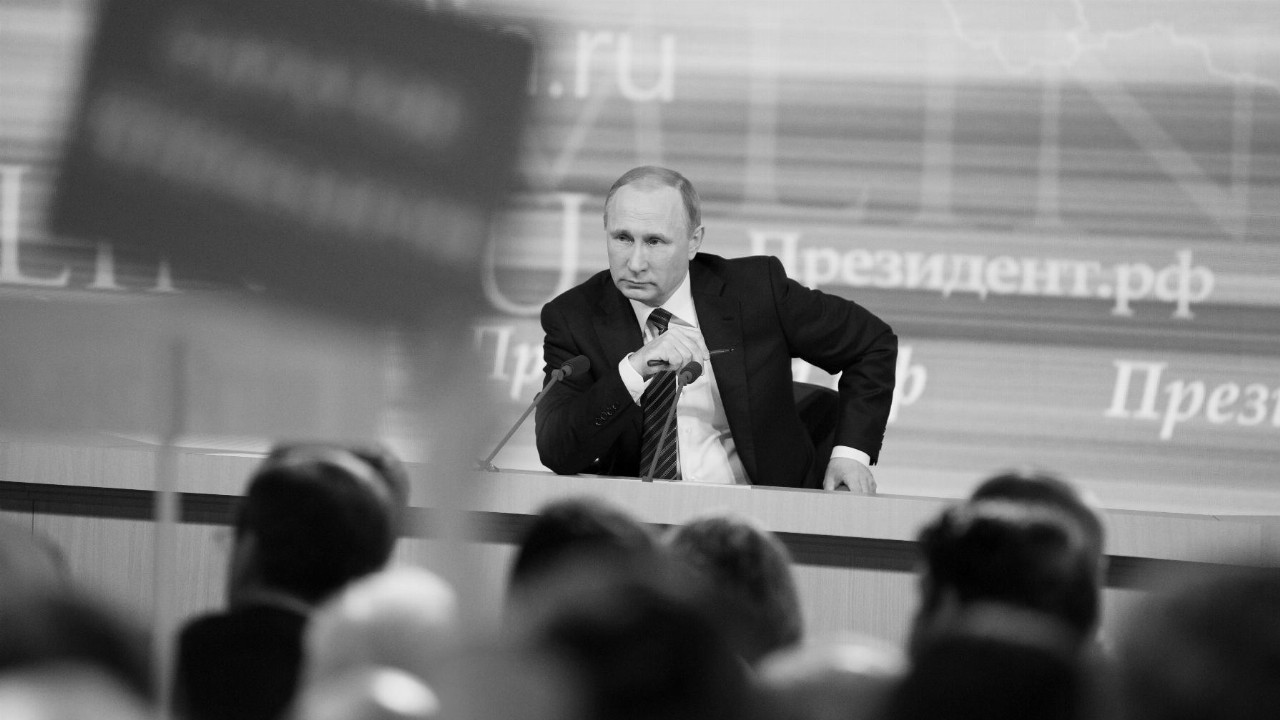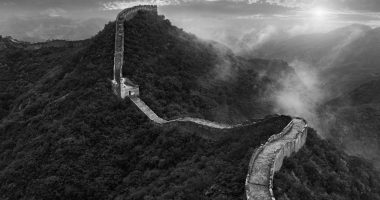Vladimir Putin has a name for the west. He calls it the “empire of lies”. The Russian leader’s announcement of his “special military operation” in Ukraine was laced with angry references to western duplicity in Kosovo, Iraq, Libya and beyond.
Putin’s anger is unfeigned. As the political commentator Ivan Krastev observes: “The hypocrisy of the west has become an obsession for him.”
But hypocrisy and lies are not quite the same thing. The distinction may seem semantic, even frivolous — but it matters. The Russian government specialises in outright lies, insisting variously that it has not invaded Ukraine, did not poison opposition leader Alexei Navalny, had nothing to do with the shooting down of flight MH17 and its army has not committed war crimes.
The US and its allies, by contrast, specialise in hypocrisy. The characteristic western vice is to proclaim an ideal or a policy and then to apply it inconsistently. So western countries proclaim themselves to be defenders of human rights but compete to sell weapons to Saudi Arabia.
They are in favour of state sovereignty but the US, UK and France backed a humanitarian intervention in Libya that led directly, and perhaps deliberately, to regime change and the violent death of the Libyan leader, Muammer Gaddafi. Western countries proclaim themselves to be firmly against nuclear proliferation but make an exception in the cases of Israel and India, although not Iran.
The west is an “empire of hypocrisy”. It is Russia that is the real “empire of lies”. And when it comes to a trial of strength between systems, hypocrisy works better than outright lies.
In an empire of hypocrisy, open debate and criticism are still possible. Mistakes are made and crimes are committed. But those crimes can be pointed out — either by official inquiries or by a free press. The New York Times has just won a Pulitzer Prize for a painstaking investigation into America’s drone warfare and its horrifying toll in civilian casualties. The Pentagon’s response was to thank the newspaper and to promise change. More hypocrisy? Perhaps — but there would be no prospect of reform without investigation and exposure.
Nobody in Russia will be winning any prizes for an investigation into the war crimes committed in Bucha or the destruction of Mariupol. Any journalist brave enough to try would end up in prison or dead. Instead, the Russian government pumps out lies — such as the claim that the manacled corpses on the streets of Bucha were placed there by the Ukrainians.
A society that can face painful truths is not just morally preferable. It is also more efficient. An empire of lies exists in a state of constant cognitive dissonance. There are some areas of social life under a repressive system where it remains necessary to tell the truth: what time is my train leaving? Do I have cancer? There are other areas where it is crucial to conceal the truth: was this election rigged? How many Russians have died in Ukraine?
Problems arise when politics demands a lie, but a functioning society demands the truth. The socially corrosive effects of lying were captured in the famous Soviet saying: “We pretend to work and they pretend to pay us.”
The danger of basing a policy on lies has been amply demonstrated in Ukraine. Right until the last moment, the Kremlin was denying that an invasion was planned. Even senior Russian officials apparently only learned the truth a few hours before the tanks got rolling. Even now, a full-scale war has to be called a “special military operation”.
But Putin and Russia are now paying a heavy price for the lies that the Kremlin told the world and itself. It turns out that the Ukrainian government is not led by drug-crazed neo-Nazis. The people of eastern Ukraine were not desperate to be “liberated” by the Russian army. Putin’s dreams of a swift victory crumbled when they encountered reality.
The west, however, cannot be complacent about its ability to resist the politics of the big lie. The invasion of Iraq was justified with the false claim that the Saddam Hussein regime was developing weapons of mass destruction. The US seems to have convinced itself that this was true. The director of the CIA notoriously told President George W Bush that the evidence on WMD was a “slam dunk”. The political pressure to justify an invasion helped to create a false narrative — with disastrous effects.
Even more seriously, Donald Trump has brought the politics of the “big lie” into the heart of American domestic politics. Trump continues to insist that the 2020 presidential election was “stolen” from him. Much of the Republican party has gone along with this lie. And Trump looks set to run for the presidency again in 2024 and has a good chance of winning.
The clearest distinctions between Russia’s empire of lies and America’s empire of hypocrisy are often to be found not so much in their behaviour beyond their borders, but in the domestic systems they defend. Putin’s system rests ever more obviously on lies and repression. The US is still a free country.
Freedom of speech is so entrenched in America that even a re-elected Trump would not be able to insist — as Putin does — that every citizen of his country must endorse his lie or face imprisonment. But for the politics of the big lie to once again be blasted out from the White House would degrade America and endanger the world.
Gideon Rachman became chief foreign affairs columnist for the Financial Times in July 2006. He joined the FT after a 15-year career at The Economist, which included spells as a foreign correspondent in Brussels, Washington and Bangkok. He also edited The Economist’s business and Asia sections. His particular interests include American foreign policy, the European Union and globalisation.






